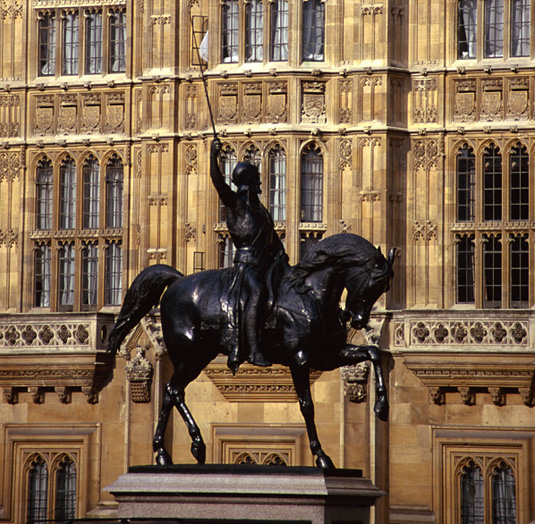The College of Policing should be given the legal power to hold a register of people who work in policing and responsibility for admitting and striking people off that register and, where appropriate, to license individuals to work in particularly high-risk aspects of policing. So says the Home Affairs Committee of MPs in a report: College of Policing: three years on.
Procurement
The committee describes police procurement as ‘clearly inefficient’. Given the obvious savings that could be made by collaboration between forces, or even by centralising procurement, MPs said that they were surprised to learn that no central advice is given by the College on procurement or technical specifications, particularly for new equipment that is being trialled such as body-worn cameras.
The College of Policing has been put under pressure by the Home Office to raise revenue, including through providing overseas training, and the committee supports its efforts in doing so. The UK brand of policing is rightly respected internationally and should be disseminated as widely as possible, say MPs. However, the Committee says the provision of training on the basis of opaque agreements, sometimes with foreign governments which have been the subject of sustained criticism, threatens the integrity of the very brand of British policing that the College is trying to promote.
Keith Vaz MP, chair of the committee, said: “The College of Policing continues to be a vital part of the new landscape of policing. However there is an alarming lack of consistency across police forces, and the College of Policing faces significant challenges in implementing a national approach to raise standards. A police officer in Leicestershire should be judged by the same criteria as one based in Suffolk. There should be no “postcode lottery” in how we are policed. There is much to learn from the Police Scotland model of one recruitment process and one training college. The implementation of regional training hubs in England and Wales, overseen by the College of Policing, would ensure consistency in the training of new recruits. The College should also have an active advisory role in police procurement, which continues to be inefficient.
“Budgetary pressures on the College of Policing means it needs to increase revenues, and does so by providing assistance and training to foreign countries. We welcome this, however the Foreign Office should not be hiding details of our contracts with foreign regimes, some with highly dubious human rights records, behind the guise of ‘commercial sensitivity’. There is no justification for this. For a Foreign Secretary to act in this manner and tell the British Parliament that he will not disclose such important information is totally unacceptable. Withholding the terms of the provision of training threatens the integrity of the very brand of British policing that the College is trying to promote, it smacks of hypocrisy.”
To further address the national inconsistencies in policing the MPs call for a standard recruitment process with standard entry requirements for someone wishing to become a police officer in England and Wales, as is the case in other sectors such as the UCAS system.










